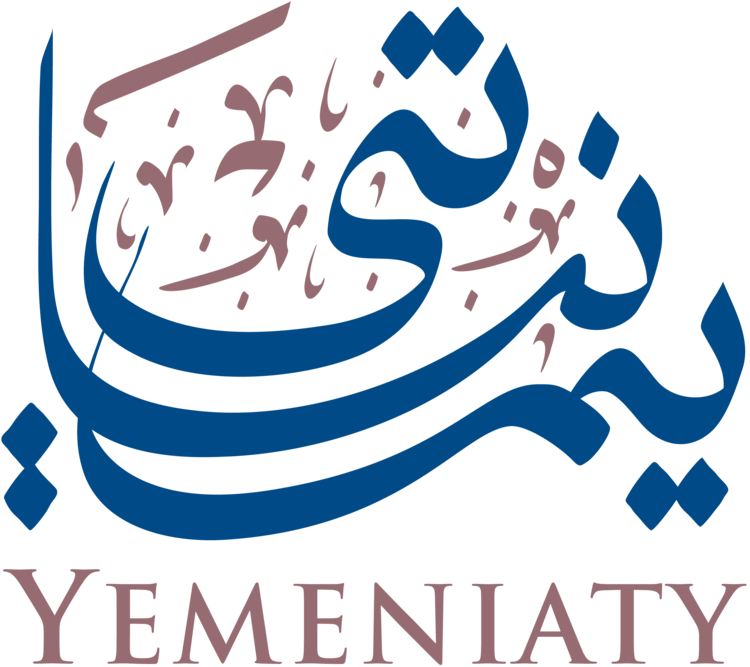This video is the first out of four videos on the subject of Transitional Justice in Yemen.
Summary by Christine Petré for Your Middle East on July 18, 2013
Are Yemenis aware of the "transitional justice" project? (VIDEO)
As Yemen’s National Dialogue Conference (NDC) is underway, how do the people feel about transitional justice and reconciliation?
Four months into the six-month mandate of Yemen’s NDC, an initiative bringing together individuals from the country’s diverse political, social, geographic and demographic groups to discuss the future of the country, blogger Yemeniaty took to the streets of Sana’a to ask its citizens about transitional justice and national reconciliation.
Have you heard about transitional justice in Yemen?
“We never heard of this… Never,” one respondent says in the video clip, followed by others who simply answered “No.”
But one woman had an idea: “It is a program running in the National Dialogue, more or less,” she said.
What does it entail?
“I don’t know,” she continued. “I haven’t seen the project itself or what they are doing with it. But, I think they’re bringing closer different perspectives between the different political parties.”
What do you think transitional justice means?
“Transitional justice is releasing Yemen from the current status quo by creating laws and legislation… like good governance by creating laws and legislation that guarantee the safety of the citizens and their freedom,” one man told the interviewer.
Another answered, “It means the transfer of power, power-sharing between all the people…”
However, one Yemeni admitted, “In all honesty, the dialogue’s mechanisms are not clear,” and asked, “Until now, what are the outputs?”
When asked about justice in Yemen one respondent said:
“We hear about it, but unfortunately it is just words on paper.”
One man summarized the situation with cynicism…
“In Yemen…there always is, not limited to the concept of transitional justice, there is a type of guardianship practiced by the political elites over the people. Meaning: if we (political elites) already know what the subject is, what we will do, and what the outputs will be, then there is no need for people to know. We don’t have to bother the people or have them bother us. The concept of transitional justice is an obvious example of what I am saying. The concept was not introduced to the people…”
This is the first episode in a series of 4 focusing on Transitional Justice in Yemen.
